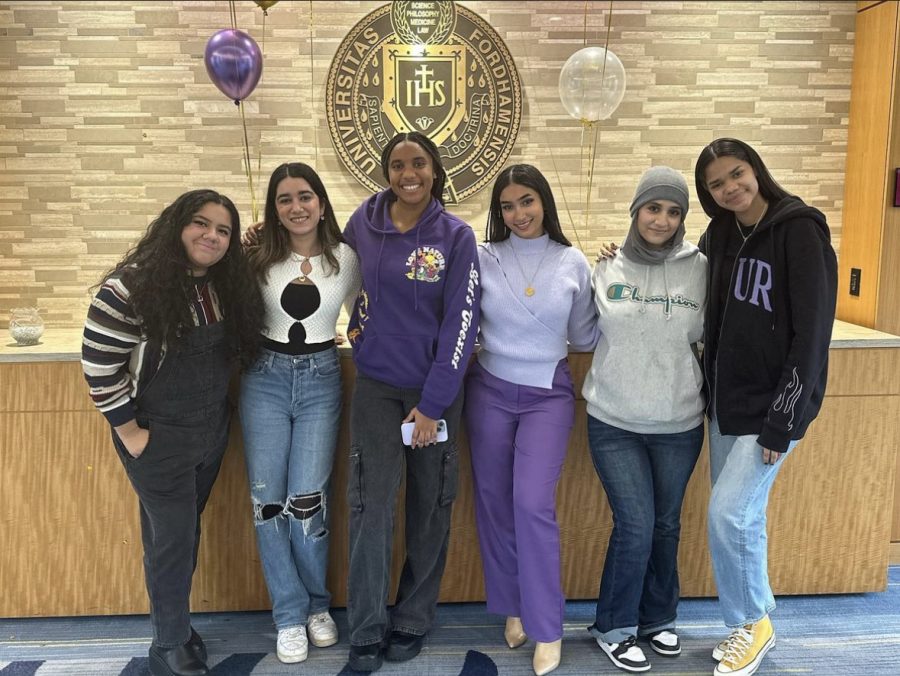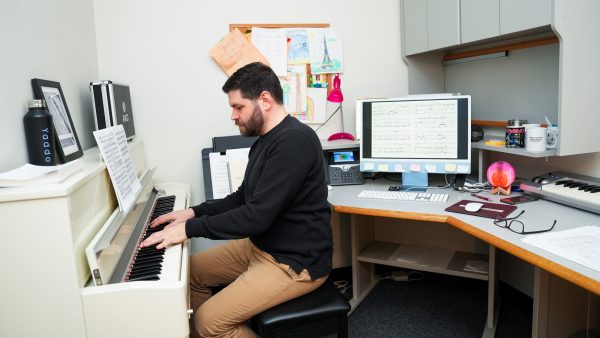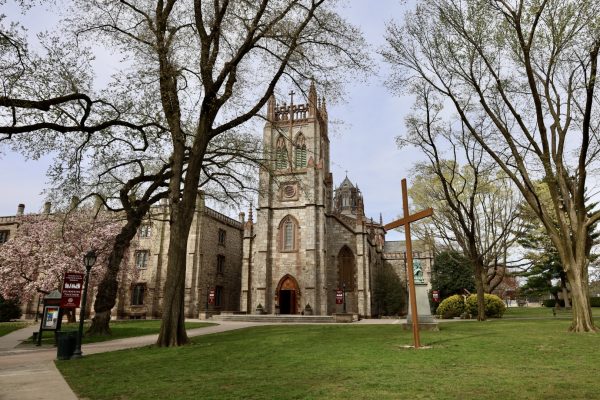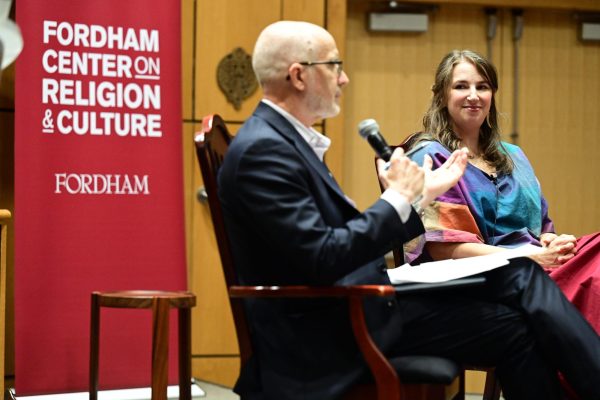Fordham Community Celebrates Women’s History Month Across Campuses
Fordham celebrated Women’s History Month this March in different ways across the university. Women’s History Month began in Santa Rosa, California, where the Education Task Force of the Sonoma County Commission on the Status of Women planned a Women’s History Week. From there, the movement spread across the country.
In February 1980, after the National Women’s History Project lobbied for national recognition, President Jimmy Carter made the week of March 8 National Women’s History Week. This continued until March of 1987 when Congress passed additional legislation requesting that the president proclaim March as Women’s History Month. Now, since 1995, presidents have issued annual proclamations designating March as Women’s History Month.
Before Women’s History Month, the United Nations recognized International Women’s Day in 1977, which emerged from the labor movements in the early 1900s.
Fordham’s Office of Multicultural Affairs (OMA) celebrated the month at both Rose Hill and Lincoln Center campuses. Sayema Abedin, Lincoln Center Graduate Intern at OMA, oversaw the Women’s History Committee.
“We have a total of 10 events planned for Women’s Herstory Month,” said Abedin. “We have 5 more events planned after Spring Break: movie night in RH, movie night in LC, Love Letter Tabling in RH, [Women’s History Month] Celebration in RH and [Women’s History Month] Celebration in LC. All of the dates and locations can be found in our calendars around campus, or on our Instagram @FordhamWHM.”
Abedin emphasized that it is important to celebrate Women’s History Month to recognize and highlight the significant contributions women throughout history and the present day have made that are constantly overlooked.
“One of our main themes this month is to highlight forgotten women in history, so that we can honor their work and remember their contributions,” said Abedin. “In our kickoff luncheon on both campuses, we have awarded 24 female-identified student leaders, faculty and staff at Fordham to show our appreciation for all of their hard work.”
Abedin hopes that students are able to use what they learned from OMA’s programming for Women’s History Month and be able to use it throughout every month.
Abedin added, “I hope that students have learned a new name or two of forgotten women in history.”
In addition to OMA’s programming, Fordham’s chapter of the Women’s Network is also celebrating the month.
Mia Peros, FCRH ’24, Fordham’s chapter president, explained that Women’s Network aims at “redefining ambition and creating a space for marginalized groups and those who are usually underrepresented in the workforce to have the resources, community and all the possible ability and support that [they] can give towards professional development and finding a career.”
“We accept anyone who does not identify as a man,” said Peros. “We are really dedicated to uplifting those who are underrepresented in the workforce.”
Peros explained the Women’s Network has 140 chapters across the country, and it was founded in 2017 in Syracuse by a student who wanted to learn more about women in business and support others.
For Women’s History Month, Peros said that the group will host an outing into Manhattan towards the end of the month. Peros explained that there is a lot of professional development and more serious topics covered during the month, so the outing will focus more on bonding for the group.
“We are kind of just doing a little bonding trip to kind of appreciate each other,” said Peros. “We are going to Central Park. We are going to paint and have a picnic, so we are super excited about that.”
Peros added that she hopes that students will realize that no matter their identity that their voice is never worth less in a professional setting.
“You deserve to be heard. You deserve to be listened to and respected in the professional sphere. Just because barriers have been put up in the past, it does not mean that you cannot break them,” said Peros.
Overall, Peros said that the Women’s Network has many resources, such as interview and resume workshops for students to attend, but in addition, they offer community and support.
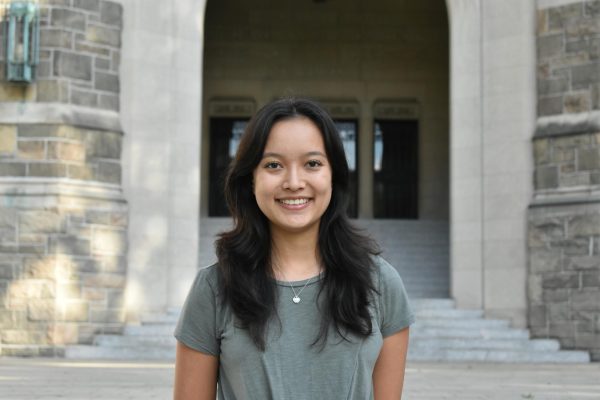
Emma Kim is a junior from Pittsburgh. She is double majoring in economics and English. She started as a contributing writer for news in her freshman year...





































































































































































































